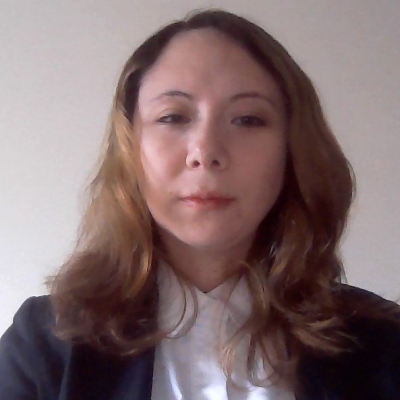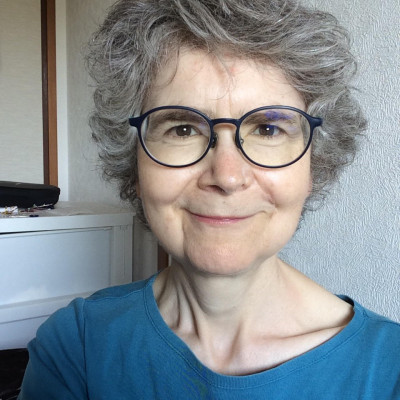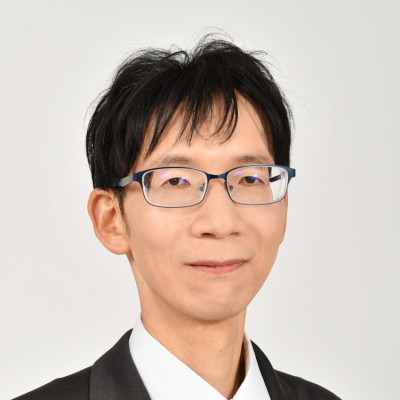Sessions / Teachers: Lightning Discussion ライトニングディスカッション(短い議論)25 minutes / 25分
English Beyond Textbooks: A Practical Roadmap to Proficiency for University Freshmen #3963
This presentation aims to motivate Japanese university freshmen enrolled in mandatory English courses. It advocates a practical, skills-based class that underscores the real-world importance of English learning. Many students may not realize that even if employed by Japanese companies, fluent English communication may be necessary. This may be daunting to students as achieving fluency can take up to 2,500 hours (Inagaki, 2010). This is especially challenging when most of the students in the class have TOEIC scores below 400. Therefore, students will learn to break this goal into manageable daily increments, by using language-learning apps like Busuu, Memrise, Duolingo, and Lyrics Training on their phones for short daily sessions. In-class demonstrations of these apps will be followed by group exploration, with each student testing an app for approximately 15 minutes and providing feedback to their group, guided by a provided form. Students will then select one app for the semester and deliver two additional reports during designated game days, with points from these reports contributing to their participation scores. This comprehensive strategy may inspire students to see English as a vital tool for future success and equip them with the skills to break down larger goals into achievable tasks.
Becoming bold users of theory #3965
This talk will focus on a 5-week module on "Theories of Communication" which aimed at stimulating students to talk about theories in English and to take a less reverent, more critical attitude to theories. The course was part of an MA in Communication Studies. In the discussion, it is hoped that participants will share their thoughts on questions such as the following: How do you encourage your students to look critically at the assumptions they have had until now, about language learning or other theories? What vocabulary is needed for students to be able to read and speak about theories of communication? Is historical perspective essential for them to understand the development of research in a historical context? How can we stimulate students to make their own theories boldly and evaluate them rigourously? Given that all this seems to connect with Arjun Appadurai's work on "The Right to Research", to what extent should one position research as activism? Are there other ways to articulate the relationship of these?
Tangible Benefits from Intangible Practices #3957
How can we increase tangible benefits for learners from a study unit on intangible cultural practices? Concluding a four-skill course for EFL students on contemporary UN-related topics, the presenter introduced students to three intangible cultural practices that are candidates for funding by UNESCO at its 18th session in Botswana in December 2023. The students who took the class were EFL students from two faculties: a College of Law faculty in Tokyo, and a Communication Studies faculty in Chiba. The three intangible practices were i) handmade glass production (in Europe), ii) jamu ‘wellness culture’ (Indonesia), and iii) transhumance (farming in Europe/Africa). The presenter will explain how students prepared before the class with self-produced materials, what they did in a series of activities, and the output they produced through a discussion of materials used and post-class student output.
Action-Oriented Language Instruction: Possibilities and Challenges #3976
Learning for change and action is now most commonly associated with action-oriented language instructions, through which students are encouraged not only to communicate through the language they are learning but also to practice citizenship for a democratic society using that language (Acar, 2019). While this approach has advocates in Japan (e.g. Hirose, 2022), it is most commonly associated with the Common European Framework of Reference for Languages (CEFR), and it has a stronger root elsewhere in the world. This session introduces some of the most innovative, thought-provoking, or successful initiatives around the world. These examples are used as a springboard for the following discussion questions:
(1) What kinds of initiatives may be possible in Japan, in your institution, or in your own classroom? (2) What challenges do you anticipate? (3) What can we do to overcome these obstacles?
The discussion session may inspire novel ideas to be tried, lead to an open discussion of Japanese institutional and individual culture, and exchange various strategies that the audience members have tried in the past to start difficult initiatives.



